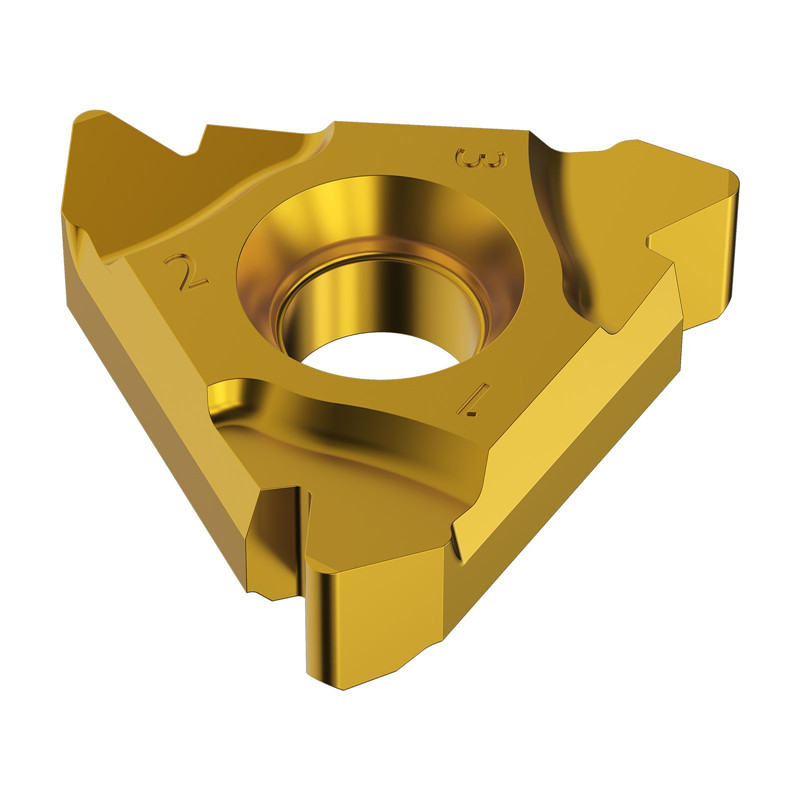din 338 Factories
DIN 338 factories are the cornerstone of producing high-quality twist drills, essential tools used in metalworking, woodworking, and construction. These factories adhere to the Deutsches Institut für Normung (DIN) 338 standard, ensuring precision and reliability. This comprehensive guide delves into the world of DIN 338 factories, exploring their manufacturing processes, quality control measures, and the key factors to consider when choosing a supplier.
Understanding the DIN 338 Standard
The DIN 338 standard specifies the dimensions, tolerances, and materials for twist drills. Compliance with this standard guarantees that the drills meet specific performance criteria, ensuring consistent hole sizes, efficient cutting, and prolonged tool life. DIN 338 drills are typically made from high-speed steel (HSS) and are designed for general-purpose drilling in a wide range of materials.
Key Aspects of the DIN 338 Standard
- Dimensions: Specifies the overall length, flute length, shank diameter, and point angle of the drill.
- Tolerances: Defines the acceptable variations in dimensions to ensure accurate hole sizes.
- Materials: Recommends the use of HSS or other suitable materials with specific hardness and wear resistance.
- Performance: Sets minimum requirements for drilling performance, including cutting speed, feed rate, and hole quality.
The Manufacturing Process in DIN 338 Factories
DIN 338 factories employ sophisticated manufacturing processes to produce high-quality twist drills. These processes typically involve the following steps:
- Material Selection: Choosing the appropriate grade of HSS or other suitable material based on the intended application of the drill.
- Cutting and Forming: Shaping the drill blank to the required dimensions using cutting and forming techniques.
- Flute Grinding: Creating the helical flutes that remove chips and allow coolant to reach the cutting edge.
- Point Grinding: Sharpening the drill point to the correct angle and geometry for efficient cutting.
- Heat Treatment: Hardening and tempering the drill to achieve the desired hardness and toughness.
- Surface Treatment: Applying coatings such as titanium nitride (TiN) to improve wear resistance and reduce friction.
- Quality Control: Inspecting the drills for dimensional accuracy, surface finish, and performance.
Quality Control Measures in DIN 338 Factories
Stringent quality control measures are essential in DIN 338 factories to ensure that the drills meet the required standards. These measures typically include:
- Dimensional Inspection: Measuring the dimensions of the drills using precision instruments to verify compliance with the DIN 338 standard.
- Material Testing: Analyzing the chemical composition and mechanical properties of the materials to ensure they meet the required specifications.
- Hardness Testing: Measuring the hardness of the drills to verify that they have been properly heat-treated.
- Performance Testing: Evaluating the drilling performance of the drills under controlled conditions to ensure they meet the minimum requirements.
- Surface Finish Inspection: Examining the surface finish of the drills to ensure they are free from defects that could affect performance.
Factors to Consider When Choosing a DIN 338 Factory
When selecting a DIN 338 factory as a supplier, several factors should be considered to ensure you receive high-quality drills that meet your specific needs:
- Certifications: Look for factories that are certified to ISO 9001 or other relevant quality management standards.
- Experience: Choose a factory with a proven track record of producing high-quality DIN 338 drills.
- Manufacturing Capabilities: Ensure the factory has the necessary equipment and expertise to produce the drills you require.
- Quality Control Procedures: Inquire about the factory's quality control procedures to ensure they are rigorous and effective.
- Pricing: Compare prices from different factories to ensure you are getting a fair deal.
- Customer Service: Choose a factory that provides excellent customer service and support.
Where to Find Reliable DIN 338 Drill Suppliers
Finding a reliable supplier of DIN 338 drills is crucial for ensuring the quality and performance of your drilling operations. Consider sourcing from established manufacturers and distributors, and look for certifications and quality assurances. Companies like Wayleading Tools specialize in providing high-quality cutting tools, including a variety of DIN 338 compliant twist drills. When selecting a supplier, always review their product specifications, customer reviews, and warranty policies.
Comparing Different Types of DIN 338 Drills
DIN 338 drills come in various types, each designed for specific applications. Here's a comparison of some common types:
| Type | Material | Application | Advantages | Disadvantages |
|---|---|---|---|---|
| HSS (High-Speed Steel) | HSS | General purpose drilling in metal, wood, and plastic | Versatile, cost-effective | Lower heat resistance |
| HSS-Co (Cobalt) | HSS with Cobalt | Drilling in harder metals, stainless steel | Higher heat resistance, longer life | More expensive |
| TiN Coated | HSS with Titanium Nitride Coating | General purpose drilling with improved wear resistance | Increased wear resistance, reduced friction | Coating can wear off |
Conclusion
Choosing the right DIN 338 drill from a reputable factory is crucial for achieving accurate and efficient drilling results. By understanding the DIN 338 standard, the manufacturing process, and the key factors to consider when selecting a supplier, you can ensure you are investing in high-quality tools that will meet your needs. Whether you're working on a small DIY project or a large-scale industrial application, DIN 338 compliant drills offer the precision and reliability you demand.
Disclaimer: This article is for informational purposes only and does not constitute professional advice. Always consult with a qualified expert for specific applications.
Related products
Related products
Best selling products
Best selling products-
 Precision 7pcs Angle Blocks Set With High Quality Type
Precision 7pcs Angle Blocks Set With High Quality Type -
 5C Hex Collet With Inch and Metric Size
5C Hex Collet With Inch and Metric Size -
 Partial profile 55° Threading Insert With ER & IR Type
Partial profile 55° Threading Insert With ER & IR Type -
 ISO Metric Hexagon Die With Right Hand
ISO Metric Hexagon Die With Right Hand -
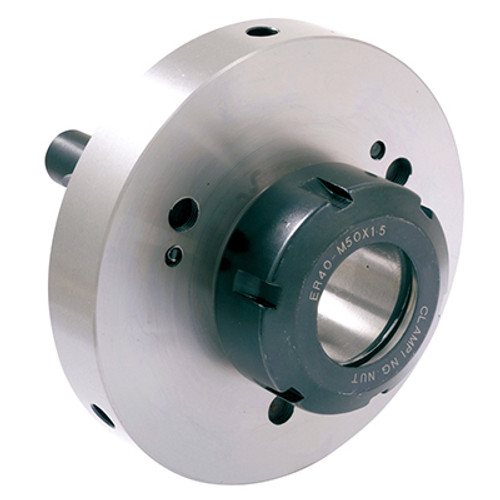 Camlock ER Collet Fixture With Lathe Collet Chuck
Camlock ER Collet Fixture With Lathe Collet Chuck -
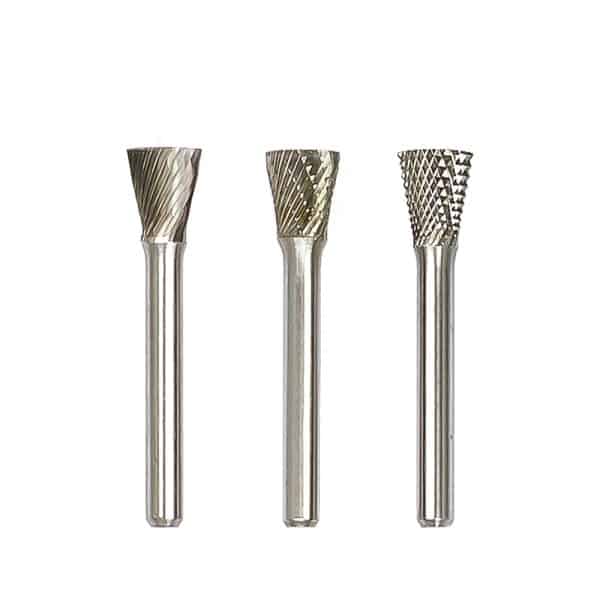 Type N Inverted Cone Tungsten Carbide Rotary Burr
Type N Inverted Cone Tungsten Carbide Rotary Burr -
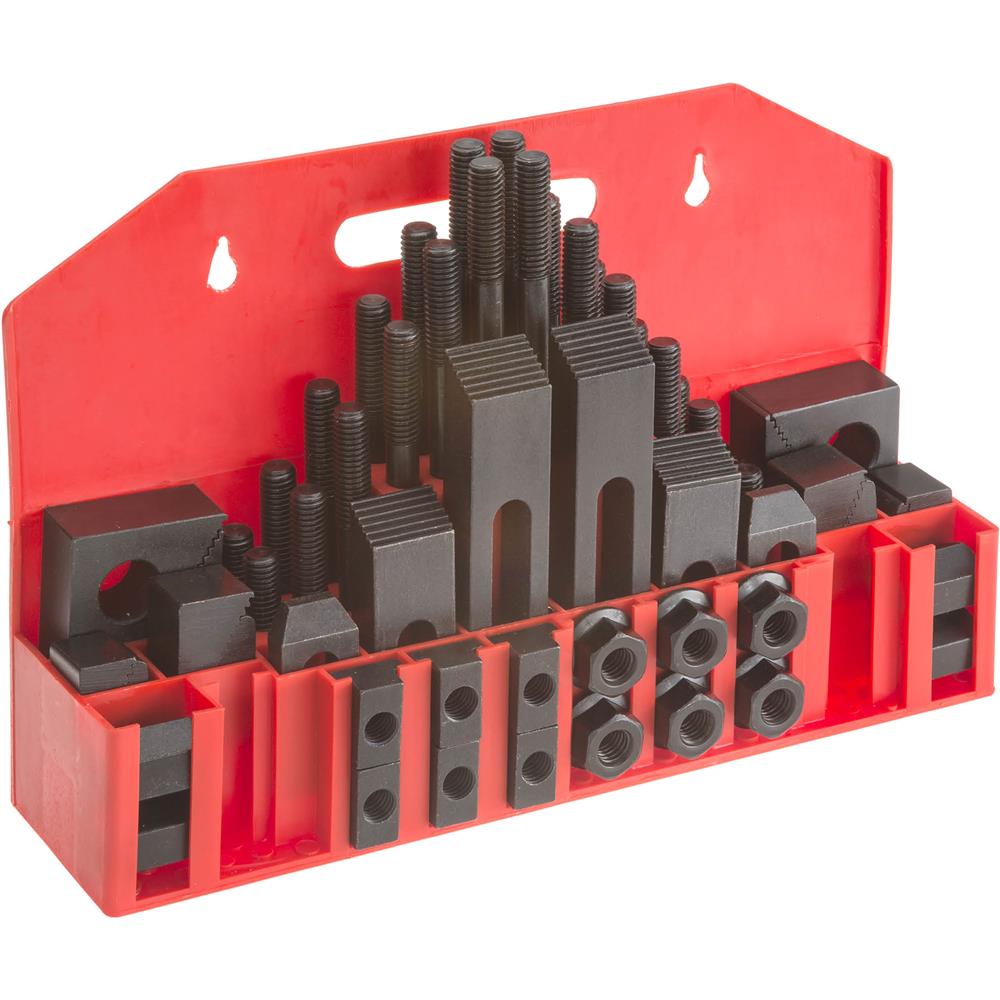 58pcs Clamping Kit With Metric & Inch Size
58pcs Clamping Kit With Metric & Inch Size -
 SCFC Indexable Boring Bar
SCFC Indexable Boring Bar -
 HSS 3PCS DIN352 Hand Tap Set With Taper And PLUG Or Bottoming Tap
HSS 3PCS DIN352 Hand Tap Set With Taper And PLUG Or Bottoming Tap -
 HSS Metric & Inch Woodruff Keyseat Cutter With Straight Or staggered Teeth
HSS Metric & Inch Woodruff Keyseat Cutter With Straight Or staggered Teeth -
 Precision Straight Shank To Morse Taper Adapter
Precision Straight Shank To Morse Taper Adapter -
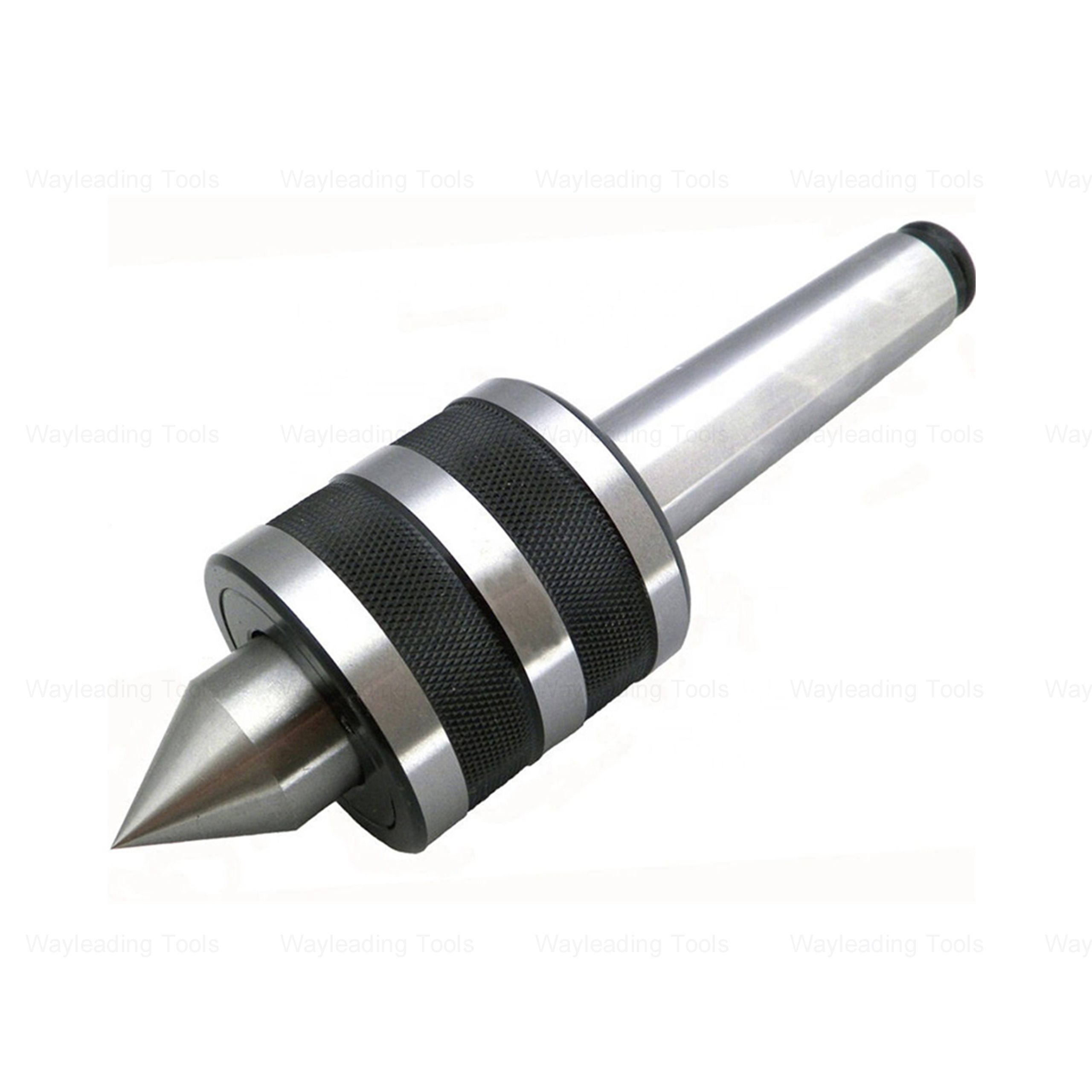 High Precision Medium-Duty Live Center – Hardened Tip, Morse Taper Shank
High Precision Medium-Duty Live Center – Hardened Tip, Morse Taper Shank



